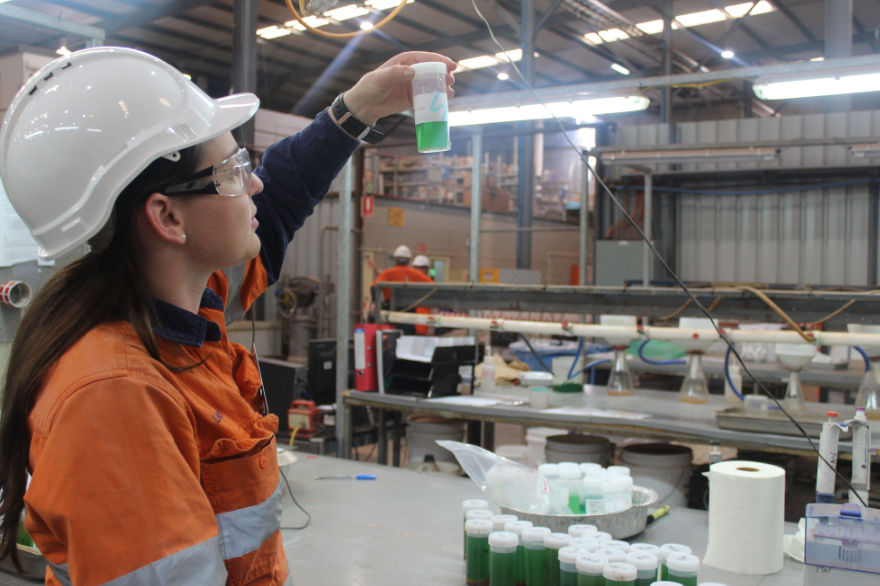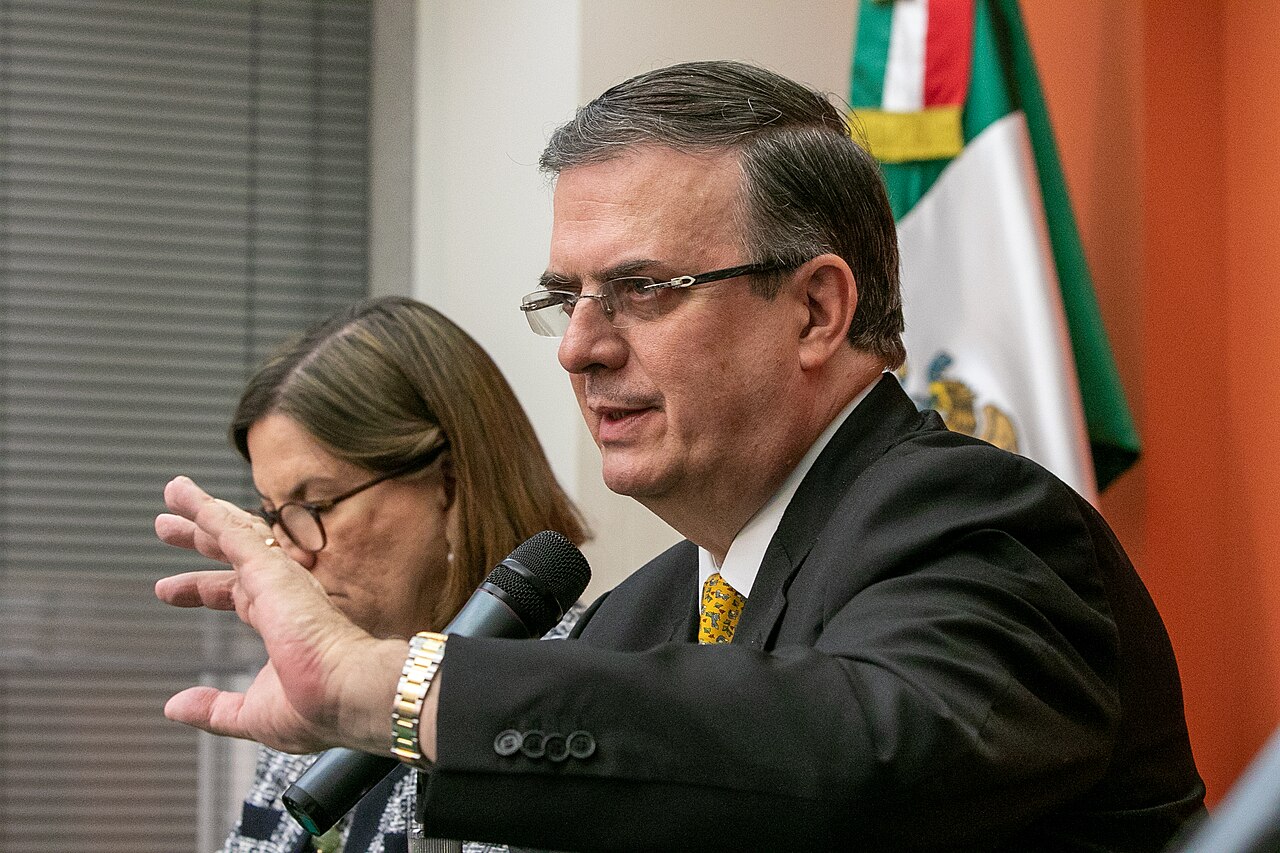Australia lists nickel as ‘critical mineral’ to unlock billions in support

Australia classified nickel as a “critical mineral” on Friday, opening the way for the crisis-hit industry to access billions of dollars in cheap government loans, as its prime minister prepared wider policy support for the green energy industry.
Australia wants to build a battery chemicals industry to reap more value from its mineral wealth, but the nickel sector is facing thousands of job cuts after a jump in Indonesian supply saw prices plunge 40% in a year.
“The international nickel price is forecast to stay relatively low through 2024, and likely for several years to come until the surplus of nickel in the market is corrected,” Resources Minister Madeleine King said in a statement.
“In the meantime, this puts further Australian nickel operations at risk,” she said.
Placing nickel on the critical minerals list means nickel companies will have access to financing under Australia’s A$4 billion($2.6 billion) Critical Minerals Facility which offers low interest loans, and related grant programs.
Critics have suggested that the nickel downturn could dash Australia’s value-adding ambitions, suggestions that Prime Minister Anthony Albanese is expected to dismiss in a speech later on Friday.
Australia plans to unveil a substantial funding package for the green energy sector in a bid to drive the domestic development of clean energy technology, the Australian Financial Review (AFR) said in a report.
The nickel industry’s woes were highlighted on Thursday when BHP said that it was considering putting on care and maintenance its Nickel West division, for which it also announced a $2.5 billion writedown.
The operations employ 3,000 people and the announcement comes on the back of several closures this year.
Glencore, Australia’s second largest nickel producer behind BHP, said it was “very concerned” by the recent closures and nickel announcements and that a comprehensive government policy response was needed to support the sector amid “challenging market conditions.”
Including contractors, its Murrin Murrin operations employ more than 1,200 people.
The news sparked a rally in Australian nickel miners, with IGO shares closing up 8.7%.
Green premium
Australia and some producers have been pushing for a “green premium” in nickel to account for stronger regulations on environmental issues, governance and worker safety, but so far that has not emerged as a must-have for buyers.
King said discussions have been progressing with counterparts in the US, Canada and the EU to “ensure the high standards applied in Australian mining and production of nickel and other critical minerals are reflected in future pricing on international markets.”
“When the playing field is fair, Australian resources stand a fair chance,” she said.
But South32 CEO Graham Kerr said that the green premium concept was “a hard one to get behind” because it relied on governments picking and choosing industries to support.
“Where do a large volume of nickel units go?” he asked in a Thursday interview with Reuters. ” To China. Do they care whether it’s got a green premium ?”
South32’s Columbian nickel project Cerro Matoso is also under review due to low prices.
($1 = 1.5359 Australian dollars)
(By Melanie Burton; Editing by Edwina Gibbs and Kim Coghill)
{{ commodity.name }}
{{ post.title }}
{{ post.date }}




Comments